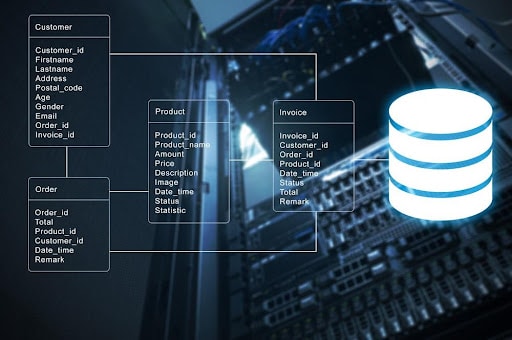Database management systems have been a mainstay for dozens of industries because they help businesses maximize the value of their data. Some businesses, though, still debate whether having a formalized, centrally managed database management system is the way to go.
Here are six reasons your business will benefit from a centralized database management system.
Improved Data Security
Separate systems almost always have varying degrees of security. Databases managed on PCs or laptops are not only vulnerable to security threats, but they are also at risk of being lost if something happens to the PC or laptop. A centrally managed database management system provides umbrella system security and prioritizes backing up all data.
For example, all Oracle Database Management Systems have security protocols sufficient for most businesses and certifications to enable professionals to learn the type of Database Management System used.
Someone with the appropriate Oracle 11g certifications can administrate the security and backup on a business-oriented DBMS and provide immediate support if a breach or failure occurs.
Cross-Database Operability
A database system that is managed centrally can be configured to allow end users to quickly attain the data they need based on a business’ permissions. The reverse is also true: Someone that does not have the correct level of clearance cannot access the database in question. Cross-departmental and database operability is easier and eliminates separate transfers and mergers of data.
So, if a management team is putting together a budget, they can use one system to access the data they need from all departments. If an accounting department oversees departmental or project budgets, employees with appropriate permissions can access the data and reports they need to get status reports, adjust estimated costs to reflect actual costs, etc.
Cross-domain interoperability is possible even if the database a department uses is not a mirror image of the database they are pulling data from. A marketing department, for example, can grab reports and data to let them develop marketing budgets. A customer service representative can access the data they need to identify inventory status or to help customers match their needs to available products.
Streamlined Maintenance
Large databases or multiple database setups are expensive to maintain and keep up to date. Each database needs to have the same management actions performed to ensure data integrity, security, and replication when managed separately.
With a centralized management system, tools, reports, and maintenance actions can be streamlined across all databases. That is particularly useful when tracking changes, initiating backups, or setting up firewalls to ensure data integrity.
Better Data and Better Decisions
Imagine a management team that is trying to greenlight a project. If the team has all the data they need at their fingertips, they can quickly access the reports and data they need to make intelligent and informed decisions. If that same team must track down individuals and put together multiple databases to get to the same endpoint, the chances of errors increases.
Having all the data also leads to better decision-making because more time gets spent analyzing the possibilities and predicting potential outcomes than chasing down the data. For example, deciding to fund a project is much easier if everything can be merged under one management system and presented uniformly.
Better Functioning Databases
A database management system built from the ground up can be catered to the individual data and security needs of each participating component. Disparate or separate databases often contain redundancies and contradictions. With a central database management system, those issues can be addressed as the system is being designed.
The lack of conflicting data increases the functionality of the entire database system. Greater functionality reduces the frustration end-users often experience with systems that do not give them access to the data they need to create a report, perform a task, or inform decisions. When a system is built from the ground up based on needs, the result is increased productivity and better results.
Lowered Management Costs
Having individual staff that is responsible for specific datasets or systems is expensive. Maintaining several databases and performing individualized functions for each one is also costly. Being able to manage everything from a central console using minimal staff saves time and money as well as yields happier end users.
Final Thoughts
As these six reasons make clear, your business needs a centrally managed database management system. The benefit of knowing your data is secure and always backed up is reason enough. In addition to peace of mind, however, you will also experience more robust data analysis capabilities, better decision-making, and lower management costs.




